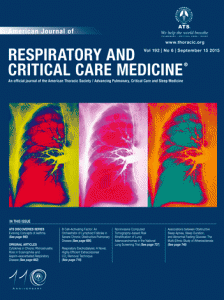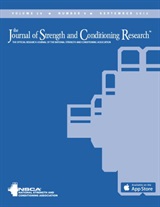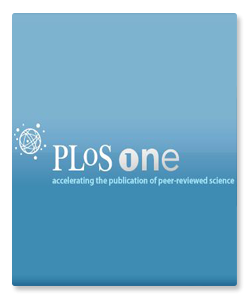 Clinical studies that eventually get retracted are originally published with significantly more errors than non-retracted trials from the same journal, according to a new study in BMJ.
Clinical studies that eventually get retracted are originally published with significantly more errors than non-retracted trials from the same journal, according to a new study in BMJ.
The authors actually called the errors “discrepancies” — for example, mathematical mistakes such as incorrect percentages of patients in a subgroup, contradictory results, or statistical errors.
The study doesn’t predict which papers will eventually be retracted, since such discrepancies occur frequently (including one in the paper itself), but the authors suggest a preponderance could serve as an “early and accessible signal of unreliability.”
According to the authors, all based at Imperial College London, you see a lot more of these in papers that are eventually retracted: Continue reading Can you spot the signs of retraction? Just count the errors, says a new study







